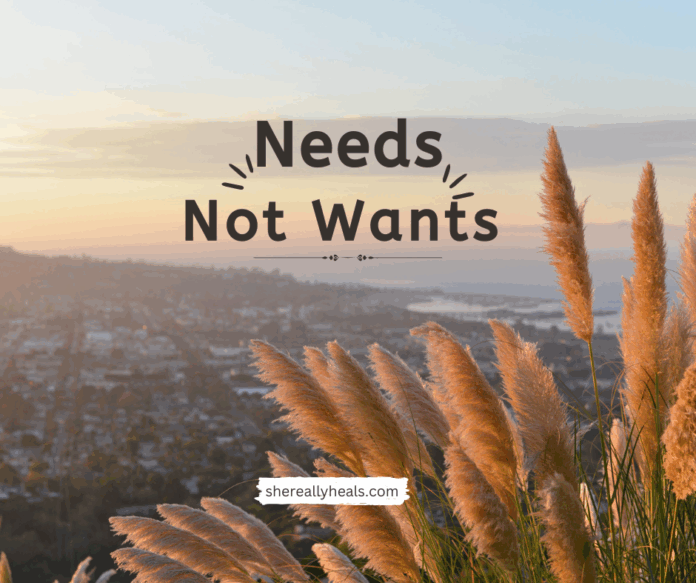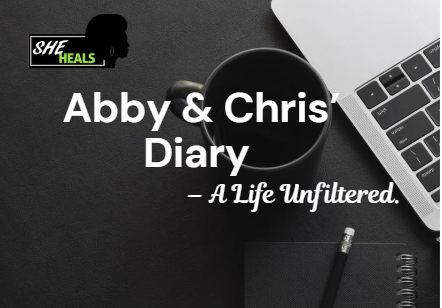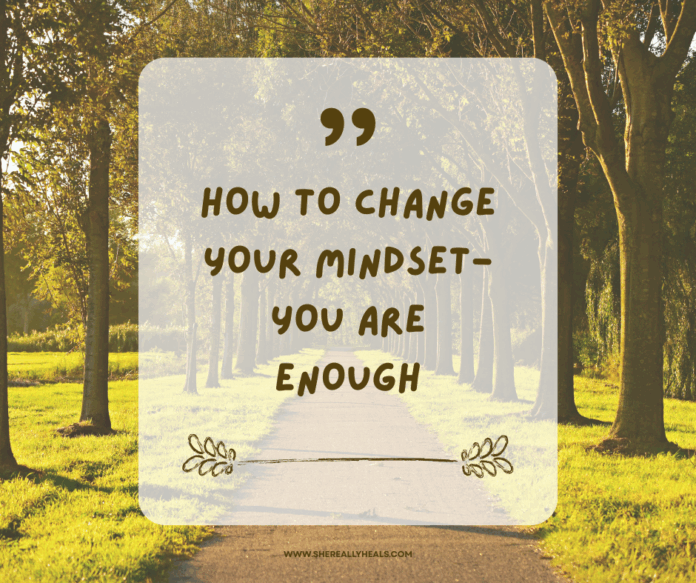Abstaining from non-essential spending is not about punishment or deprivation. It is about peace. It is about learning the difference between desire (Wants) and needs, emotional impulse and intentional living.
We live in a time where we are constantly encouraged to buy more, do more, be more. It is subtle and relentless. A sale here. A must-have trend there. A haul, a link, a checkout. Before we know it, we are working harder to fund habits that do not nourish us. The noise gets louder. Our clarity fades.
Wanting to look like our favourite stars, our friends, neighbours, buying things we can’t afford, just to others like us.
I know someone who works as a courier delivery person and bought a Range Rover. took a loan to pay the deposit and then spent all his hard-earned money to try to keep up with the repayments. After 11 months of asking everyone for help with petrol, he decided to sell, but unfortunately couldn’t get the original price and got into more debt. When I asked, he said, I wanted to belong, be part of the in-crowd, – and that’s the problem there. Always wondering what people will say. A lot of this stems from low self-esteem, believing that what you have makes you who you are; it doesn’t. But that’s a topic for another day. Today, we focus on how to ensure you focus on needs to wants.
What’s the difference, you ask?
Wants are things you can do without but want to have for one reason or another, even if you can’t afford it, and needs are essentials that you need to live within your means and not get into debt.
It’s time to say no more.
You begin to reclaim that clarity when you decide to step back and say no, not today. It starts small. Not buying the extra top “just because”. Skipping the coffee out when there is one waiting at home. Letting go of the need to “treat yourself” with things that end up forgotten. It is not about never enjoying life; it is about knowing what actually feeds your soul versus what just fills a moment.
The Deeper Implications
Saying no to non-essentials reveals what you have been avoiding. Spending is often a distraction from discomfort: stress, loneliness, self-doubt. When you stop using purchases to soothe those emotions, you start facing them. That can be confronting, but it is healing.
You also start to see how much of your self-worth was wrapped up in what you wore, what you owned, and how “put together” you looked. Removing that layer brings you face to face with the real you. And if you are patient, you will realise she is more than enough.
Financially, the impact is powerful. The money you used to leak out without thinking now creates space, space to breathe, to save, to invest in what truly matters. A safety cushion. A debt repaid. A future planned with care.
How to Spend on Needs, Not Wants
- Pause Before You Purchase
Ask yourself: Is this useful, necessary or just nice to have? Can it wait? Often, just delaying a decision by 24 hours clears the fog. - Define Your Essentials
Essentials are not only rent and food. They include anything that sustains your health, home, and well-being. But be honest. A gym membership that you never use is not essential. A journal you write in might be. - Use Cash
Create categories for essentials and give them strict boundaries. Seeing a limited pot forces you to be intentional. If it helps, use cash. It makes spending feel more real. - Curate, Do Not Accumulate
If you need something, choose it with care. Buy less, but better. One good coat instead of five trend-led ones. A skincare routine that works, rather than chasing every new launch. - Find Emotional Alternatives
If spending is your go-to when you feel low, find something else. Journaling, movement, calling a friend, doing nothing at all. Emotional maturity is learning to sit with discomfort without numbing it. - Track It All
Keep a simple log of what you spend. No shame, no judgment. Just awareness. Patterns will show themselves, and so will your progress.
Options for Supportive Living
- Join a No-Spend Challenge: Alone, it is hard. With others, it feels possible.
- Follow creators who reflect your goals: Choose voices that guide, not glamorise.
- Set meaningful goals: Saving for therapy, travel, a course. Something that lifts your life, not just your wardrobe.
In truth, not buying things you do not need is an act of radical care. It is a commitment to yourself. A choice to live in alignment with your values rather than the expectations of the world around you.
You are not missing out. You are tuning in.





